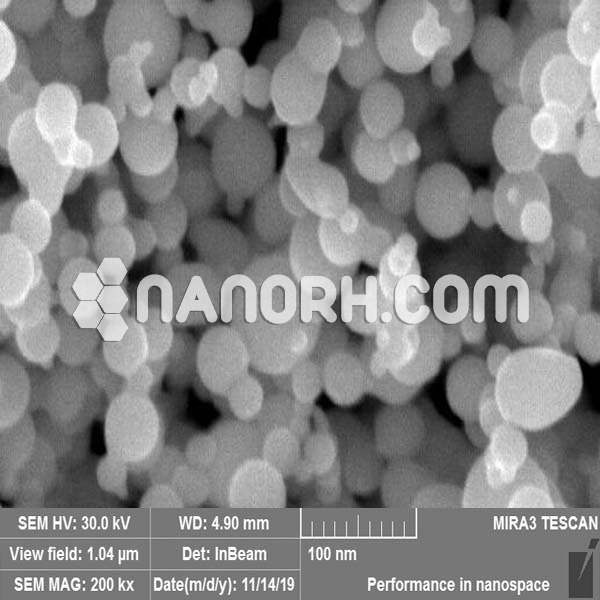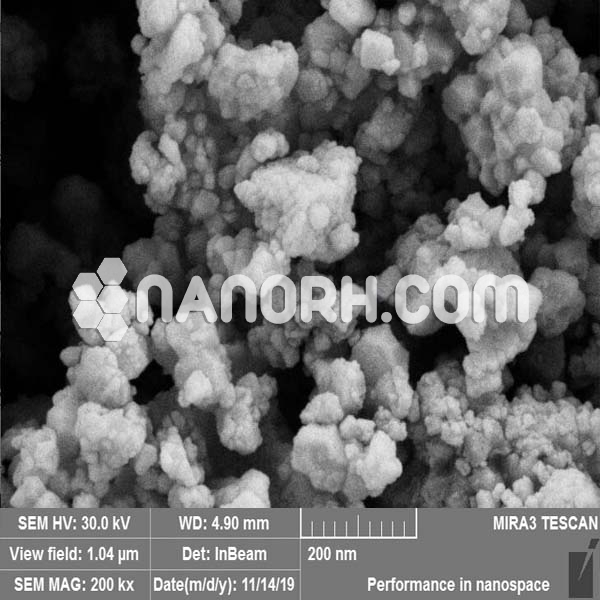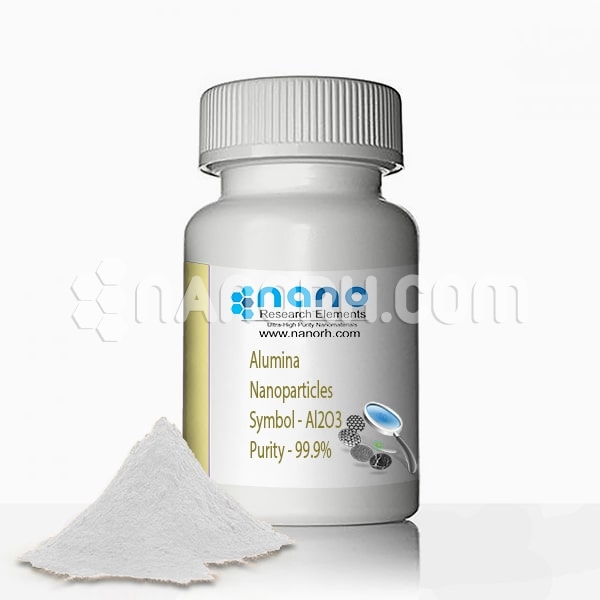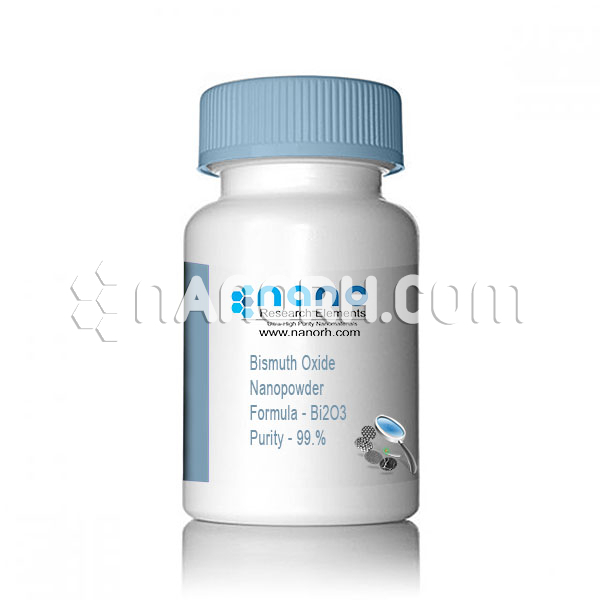| Nickel Titanium Alloy Nanoparticles | |
| Product No | NRE-2037 |
| CAS No. | 7440-02-0/7440-32-6 |
| Formula | Ni-Ti |
| Density | 6.45 g/cm3 |
| APS | <100 nm (Can be Customized) |
| Purity | 99.9% |
| Melting Point | 1310°C |
| Boiling Point | NA |
| Molecular Weight | 106.56 g/mol |
Nickel Titanium Alloy Nanoparticles
Medical and Biomedical Applications
The most significant and well-known application of NiTi alloys is in the biomedical field, particularly in the form of implants and medical devices. NiTi alloy nanoparticles offer the following benefits:
Stents and Catheters: The shape memory effect of NiTi alloys is used in stents, which are small mesh tubes inserted into blocked blood vessels. When heated to body temperature, the stent expands to its original shape, helping to keep the blood vessel open. NiTi nanoparticles can enhance the flexibility, performance, and biocompatibility of these devices.
Orthopedic Implants: NiTi alloy nanoparticles can be used in orthopedic implants like bone screws and plates. The superelasticity of these alloys allows implants to adapt to the body’s movements, reducing the risk of mechanical failure and improving patient comfort.
Robotics and Actuators
NiTi alloys are increasingly used in robotics for actuators and robotic muscles due to their shape memory and superelastic properties. These nanoparticles are especially useful in small-scale robotic applications, such as micro-robots or bio-inspired robots, where the flexibility and responsiveness of the material are critical for efficient movement. The ability of NiTi nanoparticles to return to a predefined shape when heated or mechanically stressed makes them ideal for actuating mechanisms in small robots, prosthetic devices, or soft robotics.
Aerospace and Automotive Applications
In the aerospace and automotive industries, NiTi alloy nanoparticles are being explored for their ability to improve the performance of materials exposed to high stresses and temperatures:
Aircraft Components: The shape memory effect and superelasticity can be used to create materials that change shape under different environmental conditions. For example, NiTi nanoparticles could be used in morphing wings or other aerospace structures that adapt to changing flight conditions, improving aerodynamic performance and fuel efficiency.




